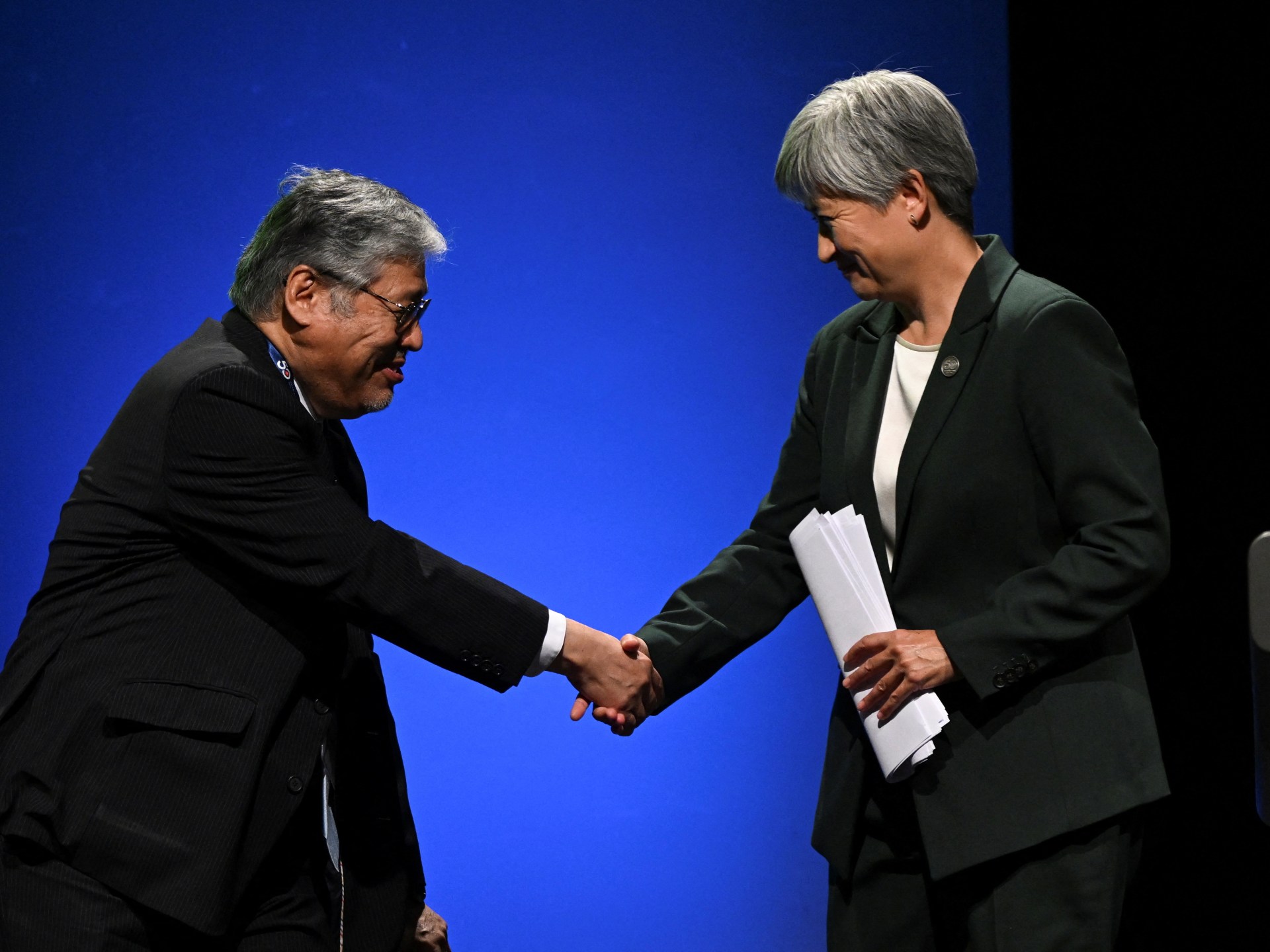During the opening day of a special summit with members of the Association of Southeast Asian Nations (ASEAN) in Melbourne, Australia’s Foreign Minister Penny Wong declared a commitment of 64 million Australian dollars ($41.8m) for maritime security initiatives.
Addressing a forum on maritime cooperation, Wong emphasized the vital importance of oceans, seas, and rivers for the livelihoods and commerce of nations in the region, stressing the significance of maintaining free and open sea lanes, particularly in the South China Sea.
While not specifying the recipients of the funding, Wong acknowledged the efforts of countries such as Indonesia, Malaysia, Vietnam, and the Philippines in delineating their maritime boundaries. Notably, these countries, along with China, hold competing claims over various parts of the South China Sea.
Wong underscored the interconnectedness of regional security, highlighting the impact of developments in areas like the South China Sea, the Taiwan Strait, and the Mekong subregion on all nations involved. The summit, commemorating 50 years since Australia’s partnership with ASEAN began, underscores Australia’s commitment to fostering closer ties with its Southeast Asian neighbors.
Australia’s engagement with ASEAN is framed not only by regional dynamics but also by its broader international alliances, notably its close relationship with the United States and its membership in the trilateral security pact known as AUKUS.
President Marcos Jr (Credits: AFP)
Wong’s address referenced Indonesian President Joko Widodo’s call for dialogue and tension reduction in the region, emphasizing the need for cooperation amidst geopolitical complexities.
However, Australia’s strategic decisions, such as its recent investment in nuclear submarines under the AUKUS framework, have raised concerns among some regional allies, including Indonesia and Malaysia. They fear that such moves could exacerbate existing tensions and potentially lead to a nuclear arms race in Southeast Asia and the wider Asia Pacific region.
The summit coincided with Philippine President Ferdinand Marcos Jr’s resolute stance on the South China Sea dispute during his recent address to the Australian parliament.
Marcos reaffirmed the Philippines’ commitment to defending its sovereign territory, asserting that no foreign power would be allowed to encroach upon it. His remarks come amid escalating tensions with Beijing over conflicting territorial claims and reported incidents in the South China Sea.
While Marcos’s statements received applause from some Australian representatives, they also sparked controversy, with Senator Janet Rice publicly questioning his legacy and raising concerns about human rights abuses. These sentiments were echoed by activists protesting outside the parliament, highlighting Australia’s perceived lack of scrutiny regarding its allies’ human rights records.
In addition to maritime security, Wong’s address touched upon Australia’s support for climate change resilience efforts through initiatives like the Mekong-Australia partnership. As the region grapples with both security challenges and environmental concerns, Australia’s engagement with ASEAN reflects its multifaceted approach to regional cooperation and diplomacy.
